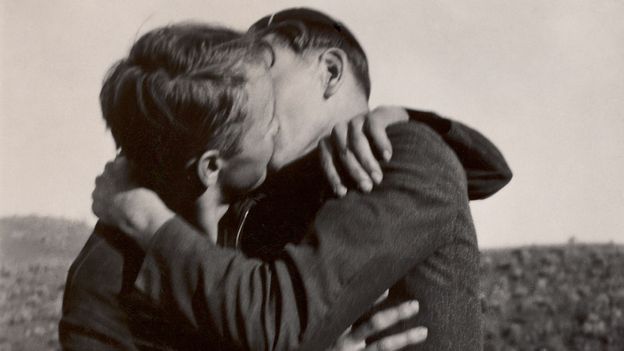
“I would venture to say that the public were disgusted and outraged,” says author Crystal Jeans. She points to the response to the watershed lesbian novel The Well of Loneliness by Radclyffe Hall in the 1920s as just one famous example of the way authors have caused hysteria simply by acknowledging queer lives. Despite the book containing just two very mildly suggestive sexual references, “everyone went berserk and it was banned”, she says.
Stephen Hornby, national playwright-in-residence for the UK’s LGBT History Month, argues that our stories have long been actively suppressed. “The only interest used to be in censoring or denying any queer elements of the records of the past. So, things were kept from public display, passages were omitted from books and sexual relationships were presented as passionate friendships. That was wilful and deliberate distortion.”
But now society is becoming much more welcoming of queer people, there’s a huge appetite to hear our stories. And there are so many amazing stories to tell.
The range of queer stories
On the one hand, there are the tales of famous figures like Greta Garbo, Michelangelo, Leonardo da Vinci, Marlene Dietrich, Tchaikovsky, Josephine Baker and Hans Christian Andersen, all of whom experienced same-sex desire or engaged in same-sex activity in societies that didn’t welcome it, often channelling their frustrations into creating remarkable work that went on, in some cases, to determine the course of Western culture. On the other hand are the invisible stories of the millions of everyday men and women whose lives made less of a mark but included events as dramatic as familial rejection, professional dismissal, social exclusion, blackmail, criminal conviction, imprisonment, torture, electric shock therapy, chemical castration, and execution.
Arguably, even the most ordinary queer person of a certain age has lived an extraordinary life. And, when you consider the impact that the challenges they faced must have had on their emotions and relationships, you have the ingredients for gripping, moving, rousing drama – and characters that modern-day audiences are now ready to root for.








